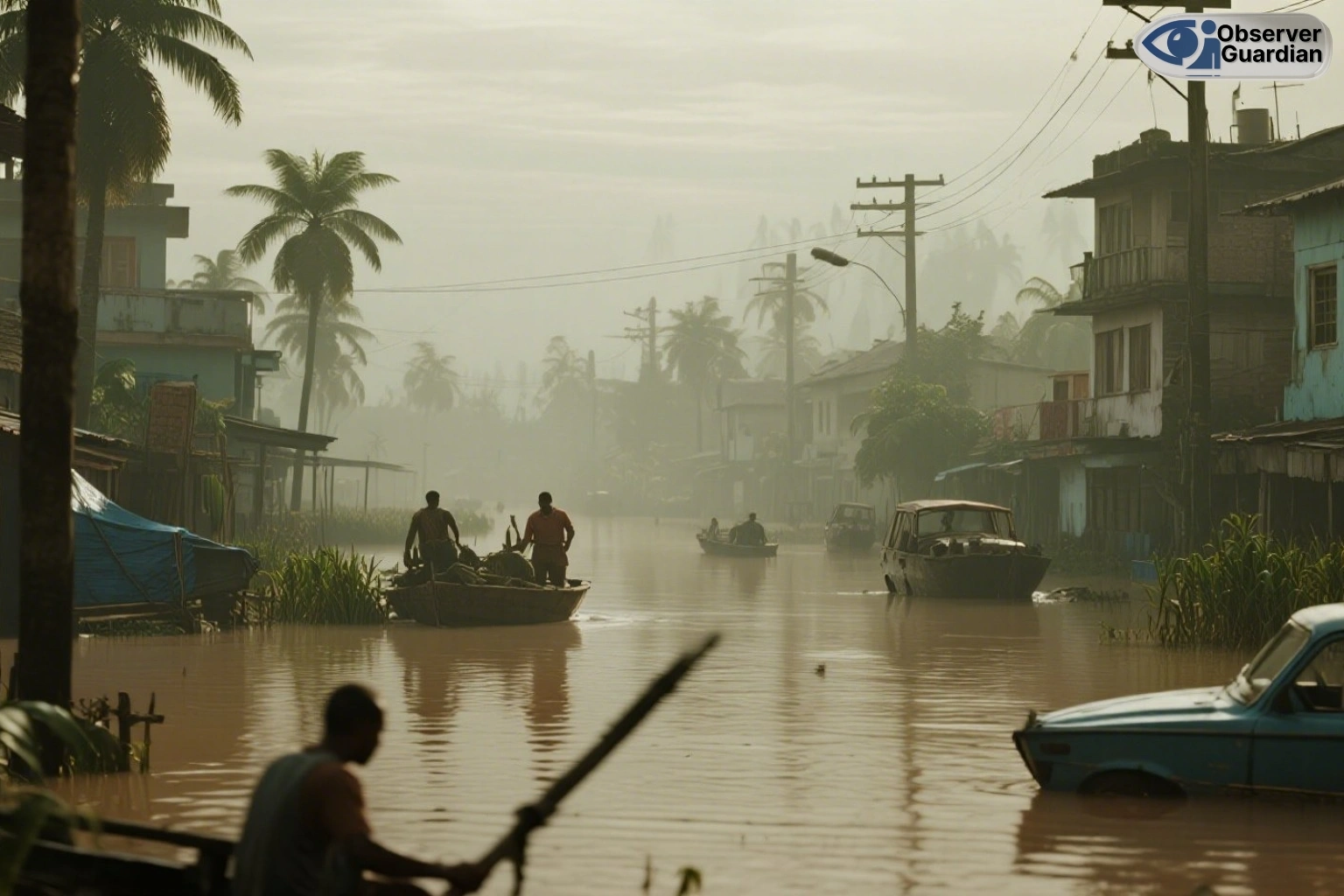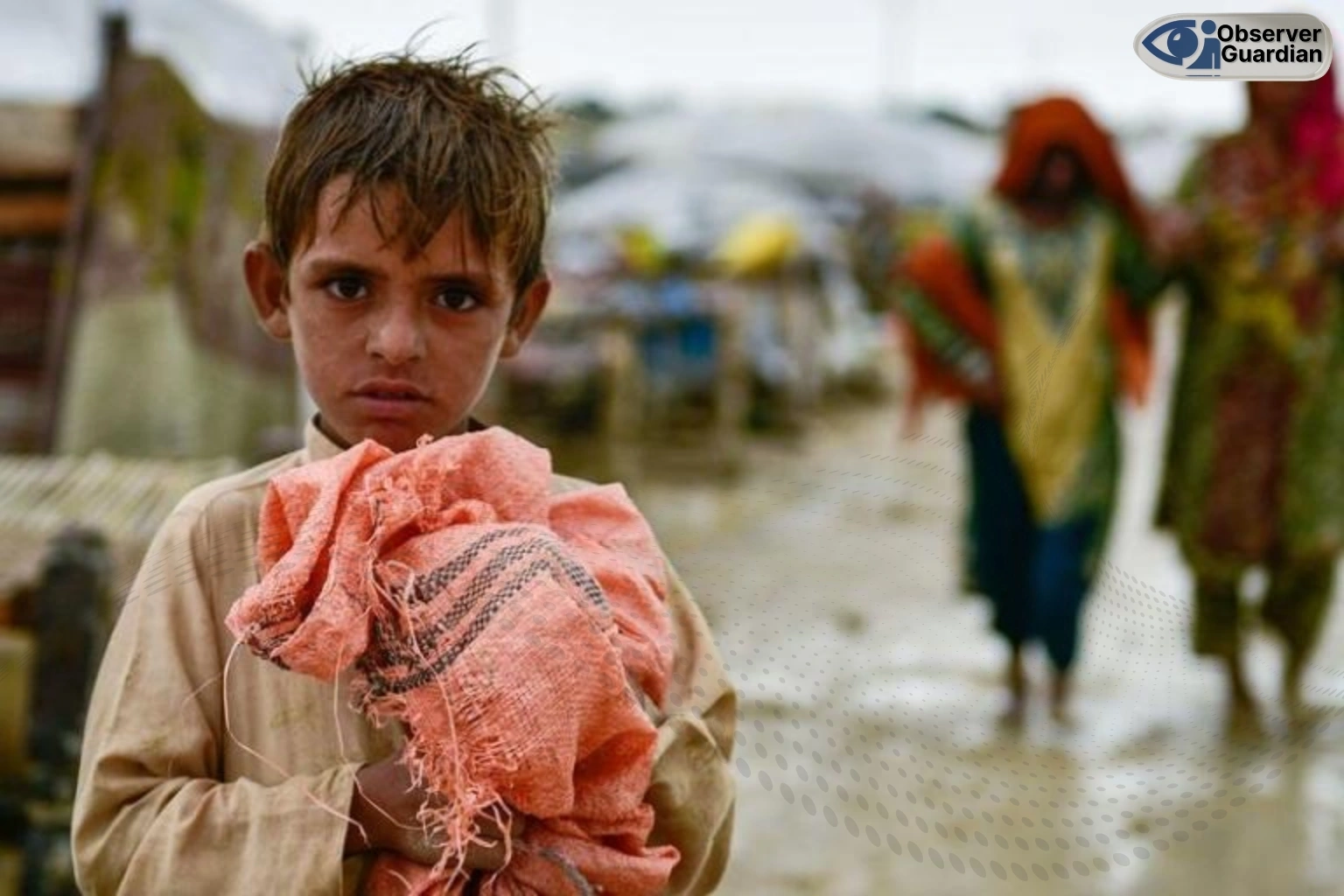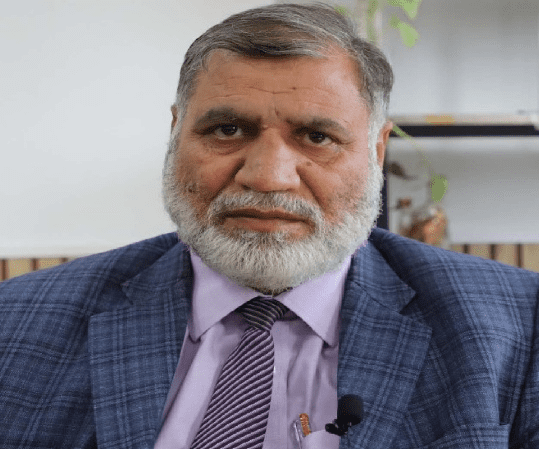The flash floods that so far devastated India and Pakistan are a recent case in point that have proven once again that climate change is not something too distant and abstract to be considered a reality. Moreover, tidal rains have claimed the lives of hundreds, swept away villages and left hundreds of thousands of people displaced and scarred with scars which cannot be quantified in terms of infrastructure destruction. These devastating occurrences reveal the helplessness of millions of people residing in South Asia and question the readiness of the governments to respond to the increasing rate of climate related hazards. Although the occurrence of natural disasters in the region is not novel, the severity and unpredictability of these disasters are bounding at a faster rate driven by global warming and unstable monsoon patterns. Furthermore, the personal face of climate change can be seen through the experience of families who have lost homes, income and loved ones and who now have an uncertain future.
On the Horizon Climate Migration
A very acute issue that has come out of these floods is that of climate migration. Due to flooded rivers and the inability to live on the land, people must migrate to find security and safety. This displacement is not a transitory process anymore but gradually a more permanent situation to a high number of displaced people. Climate migration will become a major phenomenon over the next few decades with one of the major contributors occurring in South Asia and the world becoming a major destination of climate refugees. Even large cities such as Karachi, Lahore, Delhi and Dhaka are already buckling under population pressures and rapid dislocation of people will place an enormous burden on poverty, unemployment and social tension. Governments should thus start planning on more than the disaster relief but also on what to do in the long-term regarding resettlement where the climate displacement is taken by the provisions as a humanitarian crisis on its own.
Changing with the Times
The floods are fascinated by the imminent need of climate adaptation mechanisms beyond emergency interventions. Dykes, dams and main drainage systems should be modernized to tackle more turbulent weather conditions. Of equal significance is the application of community-based adaptation (structuring high rise houses, restoration of marshlands and growing flood tolerant crops), which can support adaptation in a community. Even physical infrastructure is not enough though as adaptation also needs to invest in social systems such as housing, health, education and local governance so that vulnerable groups are able to do the adaption and take shocks without becoming entrapped in poverty cycles. Regrettably adaptation can receive inadequate funding and it sometimes it can be overshadowed by short term relief activities however the necessary but short-term relief activities fail to tackle the inherent vulnerabilities of the system that foster these disasters to be devastating as they are.

Question of Responsibility
The tragedy in India-Pakistan cannot be extracted out of the overall world background. Both nations make a negligible contribution to total greenhouse gas emissions but suffer an extraordinary burden of the meanwhile. This poses urgent ethical dilemmas of accountability and fairness regarding the climate crisis. Rich countries which have fueled global warming through their historic emissions have committed to provide climate finance to assist the vulnerable countries adapt but the reality of money transfer is poor and volatile. The touted but still not fully reached 100 billion annual commitment on climate finance has left countries such as India and Pakistan to shoulder the burden in solitude. To be serious on climate justice the international community needs also to take substantial financial and technological support beyond the mere rhetorical commitments.
The International Aid Role
The flow of humanitarian aid despite the excellent work done by organizations working in disaster relief and displacement issues has seeped in the immediate aftermath of the floods yet the devastation at this scale requires much greater coordinated international response. The aid should not only be directed to building temporary shelters and distributing the food but should also aid in reconstruction in a manner that would limit the exposure to other disasters in future. This implies investment in climate friendly infrastructure, sustainable agriculture and entrenched health care systems. To make the aid effective it is necessary that the international aid agencies respect the local knowledge, and they need to collaborate with the affected communities as opposed to dictating a blanket approach to any problem. Such a divestment in aid and investment in local institutions will only be resilient in the long term when it is combined with an effort to overcome structural inequalities that render certain groups particularly vulnerable in the first place, especially women, children, and the poor.
These Indian and Pakistani flash floods are not rare tragedies but a pattern in the increase of warming climate, human pain and globalization. It is time we get out of reactionary mode to a prevention and preparedness mental state. This implies to identify climate migration as a political and humanitarian agenda, investing in adaptation strategies with seriousness and demanding richer countries to take care of their climate agreed input. Lack of action will sentence millions of people in South Asia to cycles of repeated destruction and the ripple effect farther reaching than the national borders. The floods are not only an issue in South Asia and they indicate to the whole world that the climate change has already happened and it is time to take the reality seriously not to pretend that nothing is happening.
Disclaimer: The views and opinions expressed in this article are exclusively those of the author and do not reflect the official stance, policies, or perspectives of the Platform.








